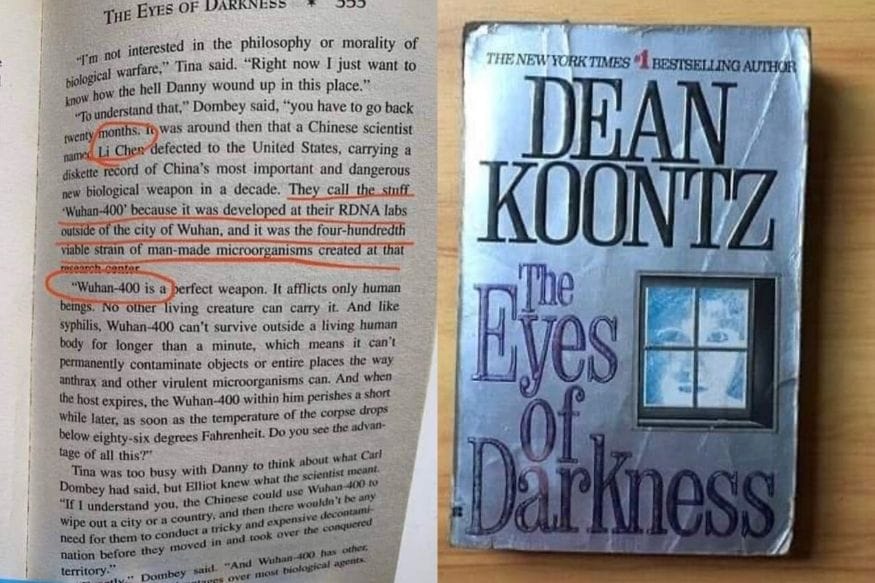XPO Logistics, Inc. (NYSE: XPO) is a top ten global logistics provider of cutting-edge supply chain solutions to the most successful companies in the world. The company operates as a highly integrated network of people, technology and physical assets in 30 countries, with 1,504 locations and approximately 100,000 employees. XPO uses its network to help more than 50,000 customers manage their. Zotero instantly creates references and bibliographies for any text editor, and directly inside Word, LibreOffice, and Google Docs. With support for over 9,000 citation styles, you can format your work to match any style guide or publication.
This reference describes the methods available on the Tracker object.
Method Summary
| Methods | |
|---|---|
get(fieldName) | returns: Gets the value of a field stored on the tracker. |
set(fieldName|fieldsObject, [fieldValue]) | returns: Sets a field/value pair or a group of field/value pairs on the tracker. |
send([hitType], [...fields], [fieldsObject]) | returns: Sends a hit to Google Analytics. |
Method Details
get
Gets the value of a field stored on the tracker.
Usage
Parameters
| Name | Type | Required | Description |
|---|---|---|---|
fieldName | string | yes | The name of the field the get the value of. |
Returns
*
Examples
set
Sets a field/value pair or a group of field/value pairs on the tracker.
Usage
 Note: it's recommended to call the
Note: it's recommended to call the set method using the ga command queue. See the set method reference for more details.Parameters
See the field reference for individual field documentation.
Returns
undefined
Examples
send
Sends a hit to Google Analytics.
Usage
The fields that are sent are the values specified in the ...fields parameters and fieldsObject, merged with the fields currently stored on the tracker.
...fields and fieldsObject are sent with the current hit, but they are not stored on the tracker object. Use the set method to update a tracker.Parameters

The fields that can be specified by the ...fields parameters vary depending on the hit type. The following table lists the fields that correspond to each hit type. Hit types not listed do not accept ...fields parameters, only the fieldsObject.
| Hit type | ...fields |
|---|---|
pageview | page |
event | eventCategory, eventAction, eventLabel, eventValue |
social | socialNetwork, socialAction, socialTarget |
timing | timingCategory, timingVar, timingValue, timingLabel |
See the field reference for individual field documentation.
Note: it's recommended to call the
send method using the ga command queue. See the send method reference for more details.Returns
undefined
Examples
1. “In Your Eyes” by Peter Gabriel
Producer: Daniel Lanois
Mix engineer: Kevin Killen
Reference Number Tracker Gcash
Mastering engineer: Ian Cooper
This song was a cultural touchstone in the late 1980s, and it was a breakthrough reinvention for Peter Gabriel (PG) as an artist. For me, it’s all about the following:
Arrangement, recording quality, editing, imaging, balance, and frequency response.
The first thing I notice is the smooth frequency response and transparent high-end. On an RTA, the frequencies are well balanced from 20 Hz – 20 kHz.
From the downbeat, the quality of the recording is evident as the opening percussion gives way to Gabriel’s poignant vocals, which are blended perfectly with the track. Percussion is allowed to fill the far left and right of the stereo image, while the band and PG are firmly centered. In the pre-chorus the compressed/chorused guitars and ethereal background vocals swirl hard left and right, setting us up for the dramatic chorus. The well-conceived arrangement is the star here because we can hear the band’s natural dynamics as parts enter and depart our focus, always audible, never obscured. The editing choices here are key—what parts stay in and what gets left out.
By the time Youssou N’dour’s vocal enters in the out-chorus, the frequency response curve has nearly flattened, and the amplitude of the piece has reached its zenith but never sounds overly compressed. Well written, well played and produced—all-in-all, this track represents everything I could ever want in a mix. This is my “Sugar.”
A word on mastering:
Unless you have the before and after mastering versions of a song, a listener never really knows what magic has happened in the privacy of the mastering suite. I give mastering engineers all due credit, but I would love to have sat in on the mastering sessions to see what the mixes really sound like.
Reference Tracking
Here’s a frequency response snapshot in the chorus, as monitored via Tonal Balance Control.
